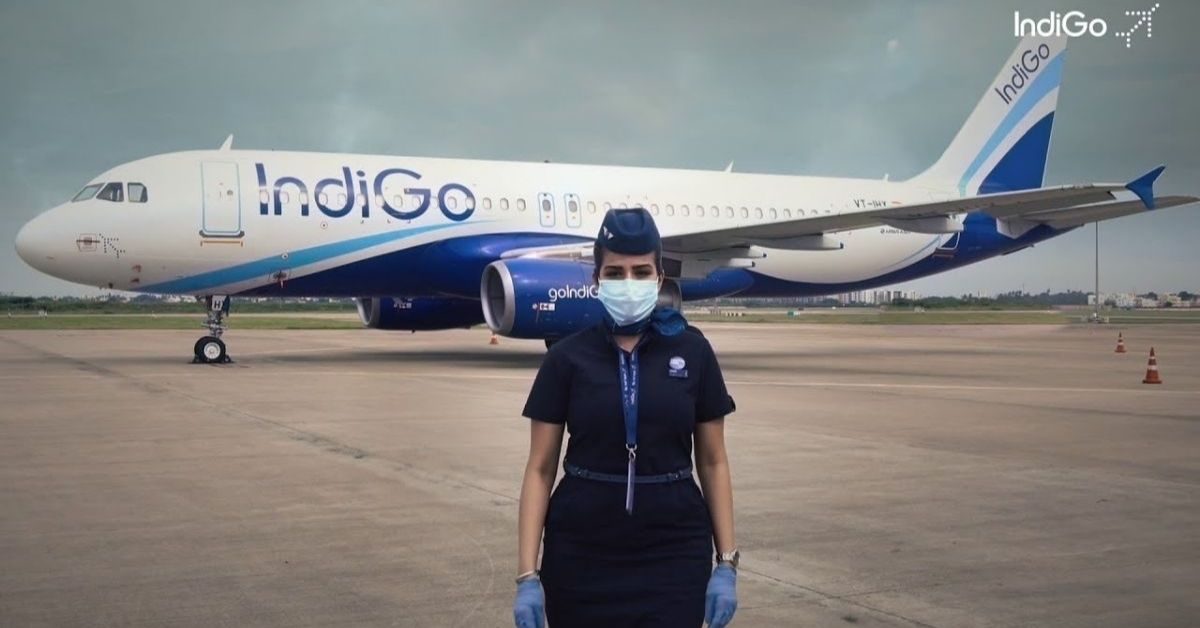Air India has been in the news for quite some time because of its monumental order of airplanes. With the increase in belly capacity that each new airplane brings, the excitement is making a new high. Adding on to the sentiment, IndiGo announced recently that they had placed an order for 500 Airbus A320 family single-aisle aircraft at the Paris Air Show. This order made history for being the largest order ever by an Indian airline, surpassing Air India’s order for 470 aircrafts.
Following the news, it is safe to say that India’s air cargo sector is bracing itself for a significant increase in belly capacity as new developments take shape. The anticipated surge comes in addition to the already burgeoning dedicated freighter and cargo-only networks that are in the pipeline.
With IndiGo’s mighty USD 50 billion deal it will be easier for the industry to achieve its target of achieving 10 million MT by 2030. This will also add momentum in the direction of developing an indigenous air cargo fleet and operating it for maximum efficiency and lower costs. Rumours are that Air India is on the verge of finalizing a deal to acquire five freighters, potentially from Airbus. An official announcement regarding this development is expected imminently.
Well-placed sources in the industry also suggest that the driving force behind Tata executives’ decisions to bolster Air India’s fleet lies in the belief that India’s thriving e-commerce industry will fuel increased demand for express parcel services.
For IndiGo, the recent acquisitions will complement its existing order of 480 aircraft from Airbus, comprising a mix of A320/321 Neos and A321XLRs, with deliveries stretching into the next decade. Pieter Elbers, CEO of IndiGo and a KLM veteran, stated that this monumental aircraft order, the largest in the company’s history, would solidify the airline’s position in the expanding Indian market.
Regarding the freighter aspect, IndiGo has adopted a nuanced approach, influenced by India’s relatively muted growth in air cargo imports and exports in the previous fiscal year. This sentiment was echoed by Mark Sutch, IndiGo’s cargo CCO.
IndiGo also runs an impressive fleet of freighters already, and with this order, it proves its focus on cargo operations. This gives an opportunity to the low cost carrier to develop world-class cargo products utilizing both its A321 freighters and extensive belly capacity.
Freight forwarding experts like Joy John, Director of Sea and Air Freight at Jet Freight (JFL), and Vaibhav Vohra, MD at Continental Carriers collectively expressed optimism about IndiGo’s fleet expansion and its potential impact on the Indian cargo trade. They believe the fleet expansion will generate ample opportunities for cargo service providers to enhance customer experience and upgrade service solutions on domestic and international routes.
Frederic Horst, Managing Director of Trade and Transport Group, highlighted that the addition of more A320/321 Neos to IndiGo’s fleet would particularly bolster its position in the domestic air cargo market. He pointed out that the majority of air cargo traffic on international routes is transported via freighter aircraft and the bellies of wide-body passenger aircraft. Therefore, the impact of the Airbus passenger narrowbodies in the international market is expected to be relatively lower.
While the exact implications of this capacity boost remain to be seen, the Indian air cargo market, which has been traditionally dominated by Gulf carriers, is expected to witness intensified competition for market share. The expanding domestic fleet of freighters and P2Fs, coupled with the upcoming belly capacity is set to reshape the dynamics of the Indian air cargo sector in the coming years.
Boeing’s World Air Cargo Forecast 2022-2041 predicts significant expansion of India’s domestic air cargo trade at an annual rate of 6.9% over the next two decades. The latest report from the Trade and Transport Group also estimates Indian air cargo traffic to have reached 2.2 million tonnes in 2022 and expects it to reach 2.5 million tonnes this year.







